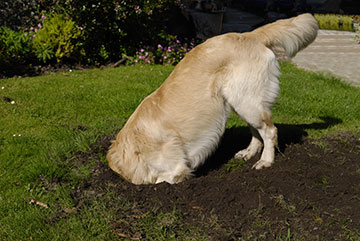 I have been working on a new novel, with a nagging sense that it was not going well. Although I went over it any number of times, I could not figure out what was wrong. The perfect moment to ask someone else to read it and give a critique.
I have been working on a new novel, with a nagging sense that it was not going well. Although I went over it any number of times, I could not figure out what was wrong. The perfect moment to ask someone else to read it and give a critique.
That I did, and what came back was a veritable cascade of criticism. In essence, I was told, the book was totally off.
It was not what I expected. To be sure, I knew something was wrong but surely not everything. I did what I am always telling others to do. I didn’t argue. I didn’t defend. Being defensive only makes you dig in and support what you might really not want to support. Why defend what is wrong?
What I did was mentally go over the many criticisms, and try to understand what had gone wrong for this reader. One thing stuck out: The reader did not grasp that the story happened in the past, not the present. My first reaction—honestly—was that response was absurd. Then as I thought about it, I realized if the reader did indeed react that way, all the other criticisms made sense. That said, that response meant something in my writing was profoundly askew.
Back to the computer. Back to the text. Sure enough, I could see what had gone wrong. Back to work. The book got better.
Is there a moral here? Perhaps it is this: The writer needs to be as analytical of criticism as the criticism is analytical of your text.
1 thought on “Mentally digging in”
Totally on point! 🙂 I love the way you boil down all the criticisms to an underlying point… and we can deal with underlying points a whole lot better than getting butt-hurt over all the detail-oriented comments.